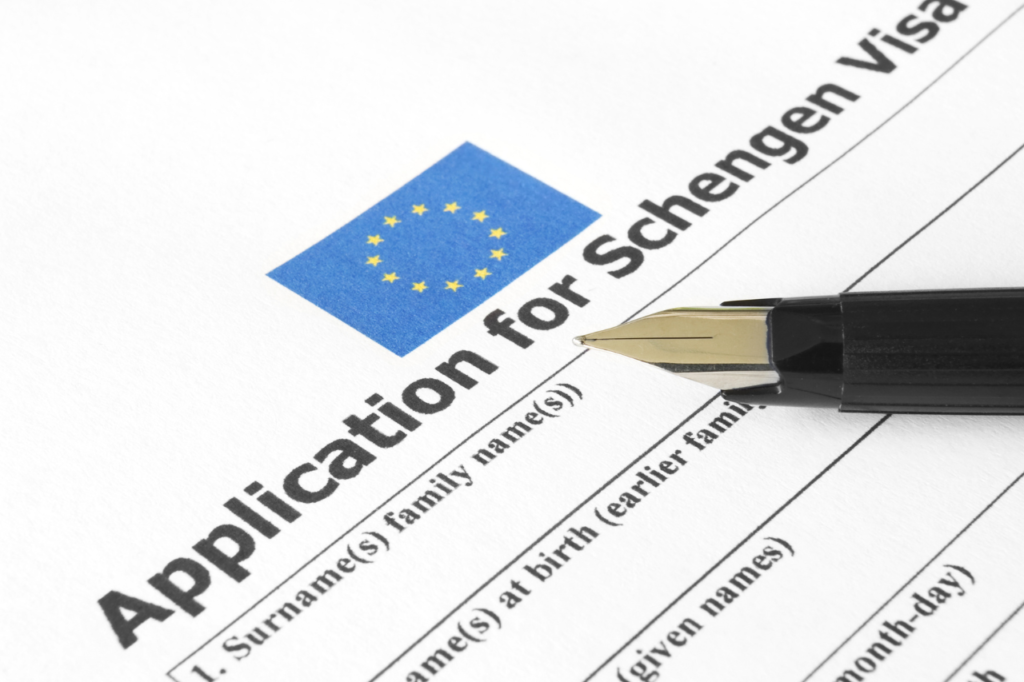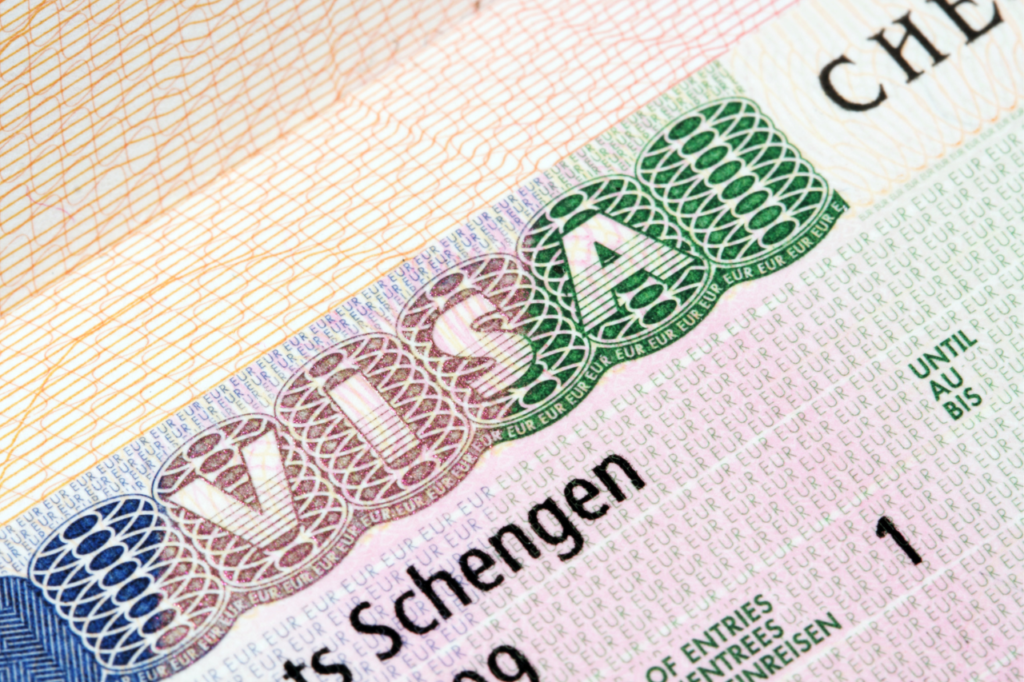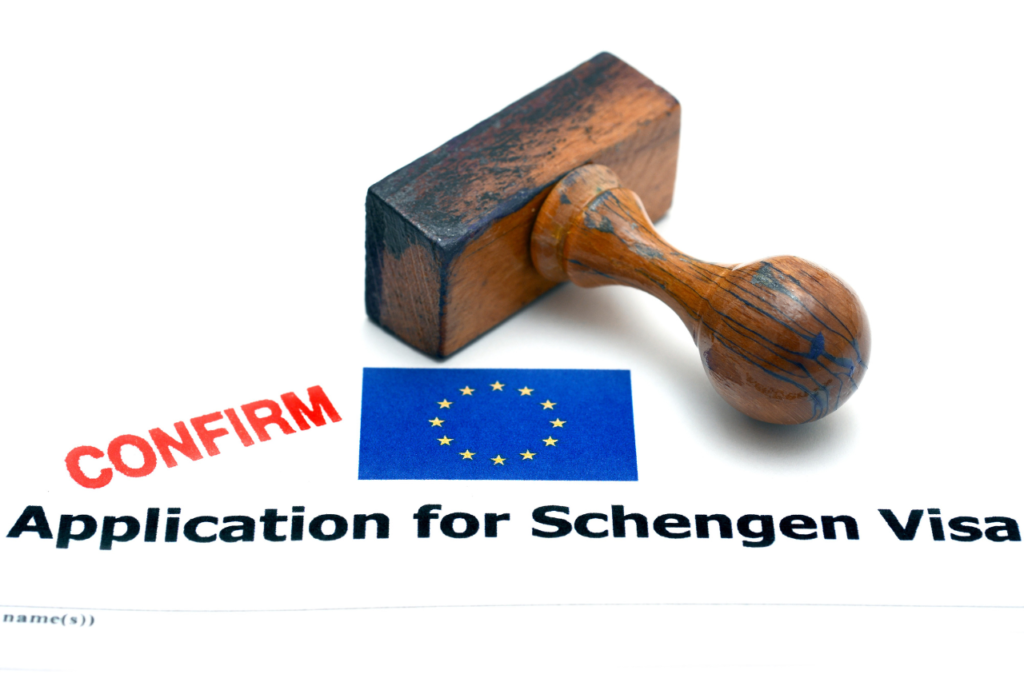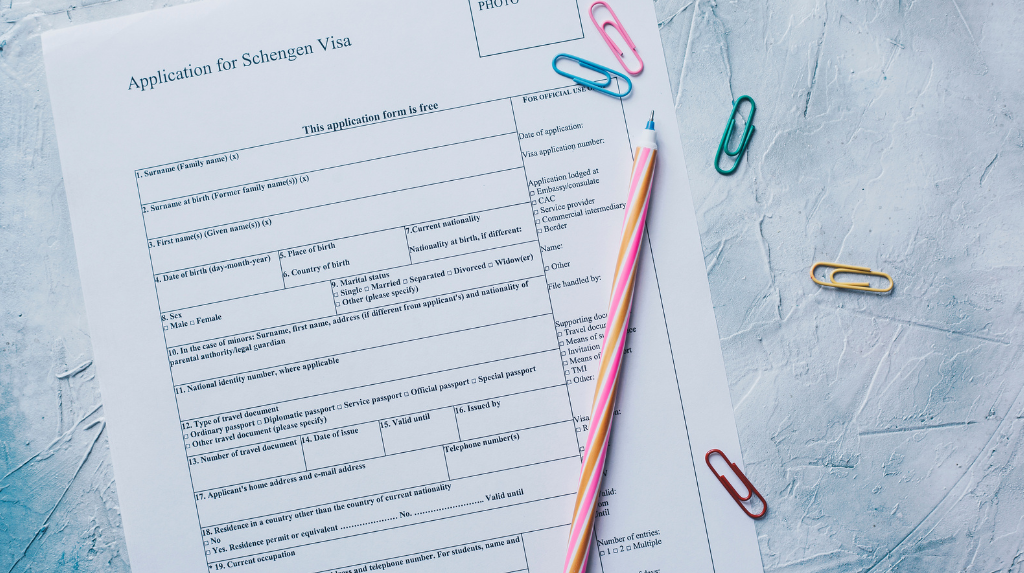The prospect of a Schengen visa rejection raises important questions for applicants: Can Schengen visas be rejected, and if so, what are the common reasons behind such refusals? In this comprehensive guide, we will delve into the intricacies of Schengen visa rejections, explore the factors contributing to denials, and provide valuable insights for prospective applicants to navigate the visa application process with greater understanding and preparedness.
The Possibility of Schengen Visa Rejections:
The Schengen visa application process involves a meticulous assessment of various factors, and while many applicants successfully obtain their visas, rejections are indeed a possibility. A Schengen visa can be rejected for a range of reasons, and understanding these reasons is crucial for avoiding common pitfalls and improving the chances of a successful application.
Common Reasons for Schengen Visa Rejections:
Schengen visa rejections can stem from various factors, and it’s essential for applicants to be aware of these common reasons. Some prevalent grounds for visa refusals include:
Incomplete or Inaccurate Documentation:
One of the most common reasons for Schengen visa rejections is the submission of incomplete or inaccurate documentation. Failure to provide essential documents, such as proof of accommodation, travel insurance, and financial means, can lead to a visa refusal.
Insufficient Financial Means:
Embassies and consulates assess an applicant’s financial capability to cover the costs of the intended stay. If the submitted financial documents are deemed insufficient or inconsistent, it can result in a visa rejection.
Dubious Travel Itinerary:
The travel itinerary provided in the application should align with the purpose of the visit and be supported by valid bookings for accommodation and transportation. Inconsistencies or doubts regarding the legitimacy of the travel plans can lead to refusals.
Lack of Travel Insurance:
Schengen visa requirements mandate applicants to have travel insurance that covers medical expenses and repatriation for the entire duration of their stay. Failure to provide adequate insurance can result in visa rejections.
Previous Violations or Overstays:
Individuals with a history of overstaying or violating visa conditions in Schengen countries may face visa rejections. Embassies and consulates closely examine an applicant’s travel history and compliance with visa regulations.
Unconvincing Purpose of Travel:
The stated purpose of travel must align with the visa category applied for. If authorities find the purpose unclear, unconvincing, or not supported by sufficient documentation, a visa may be denied.
Inability to Justify Return to Home Country:
Applicants must demonstrate strong ties to their home country, such as employment, family, or property ownership, to convince authorities that they have a genuine intention to return after the authorized stay. Failure to establish these ties can lead to visa rejections.
Misrepresentation or Fraud:
Any form of misrepresentation or fraud in the application process, such as submitting false documents or providing misleading information, can result in severe consequences, including visa refusals and potential bans.
Security Concerns:
In cases where security checks reveal issues or concerns about an applicant’s background, such as criminal records or connections to illegal activities, authorities may refuse the visa.
Precautions to Avoid Schengen Visa Rejections:
While no assurance exists that a visa application will be successful, taking certain precautions can significantly enhance the likelihood of approval. Consider the following precautions to minimize the risk of Schengen visa rejections:
Thoroughly Review Visa Requirements:
Familiarize yourself with the specific requirements of the Schengen country to which you are applying. Carefully review the official embassy or consulate website for up-to-date information on required documents and procedures.
Submit Complete and Accurate Documentation:
Ensure that all required documents are complete, accurate, and well-organized. Follow the guidelines provided by the embassy or consulate meticulously, and double-check that no essential documents are missing.
Provide Sufficient Financial Proof:
Clearly demonstrate your financial capability to cover the costs of your stay in the Schengen Area. Submit comprehensive and transparent financial documents, such as bank statements, pay slips, and sponsorship letters if applicable.
Create a Convincing Travel Itinerary:
Craft a well-structured and convincing travel itinerary that aligns with the purpose of your visit. Include confirmed bookings for accommodation and transportation, ensuring they are consistent with your stated plans.
Secure Comprehensive Travel Insurance:
Obtain travel insurance that meets the Schengen requirements, covering medical expenses and repatriation. Ensure that the insurance is valid for the entire duration of your intended stay.
Maintain a Clear and Consistent Purpose of Travel:
Clearly articulate the purpose of your visit in your application. Whether for tourism, business, family visit, or other reasons, make sure that your intentions are apparent and supported by relevant documentation.
Establish Strong Ties to Your Home Country:
Highlight your ties to your home country, such as employment, family relationships, or property ownership. This helps convince authorities of your intention to return after the authorized stay.
Adhere to Previous Visa Conditions:
If you have a history of traveling to Schengen countries, ensure that you have adhered to all visa conditions and regulations. Compliance with previous visas enhances your credibility as an applicant.
Seek Professional Guidance if Needed:
If you find the application process complex or have concerns about specific aspects, consider seeking professional guidance from visa consultants or agencies. They can provide insights and assistance in navigating the process.
Remedies and Options After Schengen Visa Rejection
In the unfortunate event of a Schengen visa rejection, applicants do have options and remedies to consider. It’s important to approach the situation with a clear understanding of the next steps:
Review the Rejection Letter:
The rejection letter provided by the embassy or consulate contains valuable information about the reasons for the refusal. Carefully review this letter to understand the specific grounds for the rejection.
Consider an Appeal:
In some cases, applicants have the option to appeal the visa rejection. If you believe that the refusal is based on a misunderstanding or incorrect assessment, an appeal can be lodged. However, appeal processes vary among countries, and success is not guaranteed.
Reapply with Corrected Documentation:
If the rejection is due to insufficient or inaccurate documentation, applicants can rectify the issues and reapply for the Schengen visa. Ensure that all deficiencies highlighted in the rejection letter are addressed in the new application.
Seek Professional Advice:
If navigating the appeals process or preparing a new application seems daunting, consider seeking professional advice from immigration lawyers or consultants. They can provide guidance based on their expertise and experience.
Explore Alternative Schengen Countries:
If a visa is rejected by one Schengen country, applicants may explore the possibility of applying to another country with similar travel plans. However, it’s essential to consider the Schengen Area’s rules regarding multiple visa applications.
Understand Timing Restrictions:
Some countries impose restrictions on the timing of reapplications after a rejection. Be aware of any waiting periods or limitations imposed by the embassy or consulate and plan accordingly.
Address Core Issues:
If the rejection is based on fundamental issues such as security concerns or significant misrepresentation, addressing these core issues is crucial. Seek legal advice and address any underlying concerns before reapplying.
Navigating the Schengen Visa Process with Resilience:
The journey toward obtaining a Schengen visa is filled with anticipation, but it’s essential to recognize that not every application results in approval. Understanding the potential reasons for Schengen visa rejections, taking precautionary measures, and knowing the options available in case of a refusal are integral aspects of navigating the visa application process with resilience.
As applicants from Nigeria aspire to explore the cultural richness, historical heritage, and scenic beauty of Europe through the Schengen visa, being well-informed and prepared becomes paramount. By approaching the process with meticulous attention to documentation, financial proof, and adherence to visa requirements, applicants can enhance their chances of a successful outcome.
In the face of a rejection, viewing it as a learning opportunity, carefully reviewing the reasons, and taking corrective actions can pave the way for a more successful subsequent application. Whether it’s through an appeal, a reapplication with corrected documentation, or seeking professional advice, there are avenues to explore for those determined to turn their dreams of European exploration into reality.
By staying informed, remaining resilient in the face of challenges, and embracing the nuances of the Schengen visa application process, prospective travelers from Nigeria can embark on this remarkable journey with greater confidence and preparedness. Europe’s cultural tapestry and historical treasures await those who navigate the visa process with determination, transforming dreams into unforgettable experiences.
Do you need a Schengen Visa?
Contact our team of skilled immigration lawyers to discuss your visa and immigration needs.
Call us on +234 812 5505 986 or WhatsApp us at +234 818 1547 085 for immediate assistance with your situation. We are available to assist you in person, over the phone, or online.





